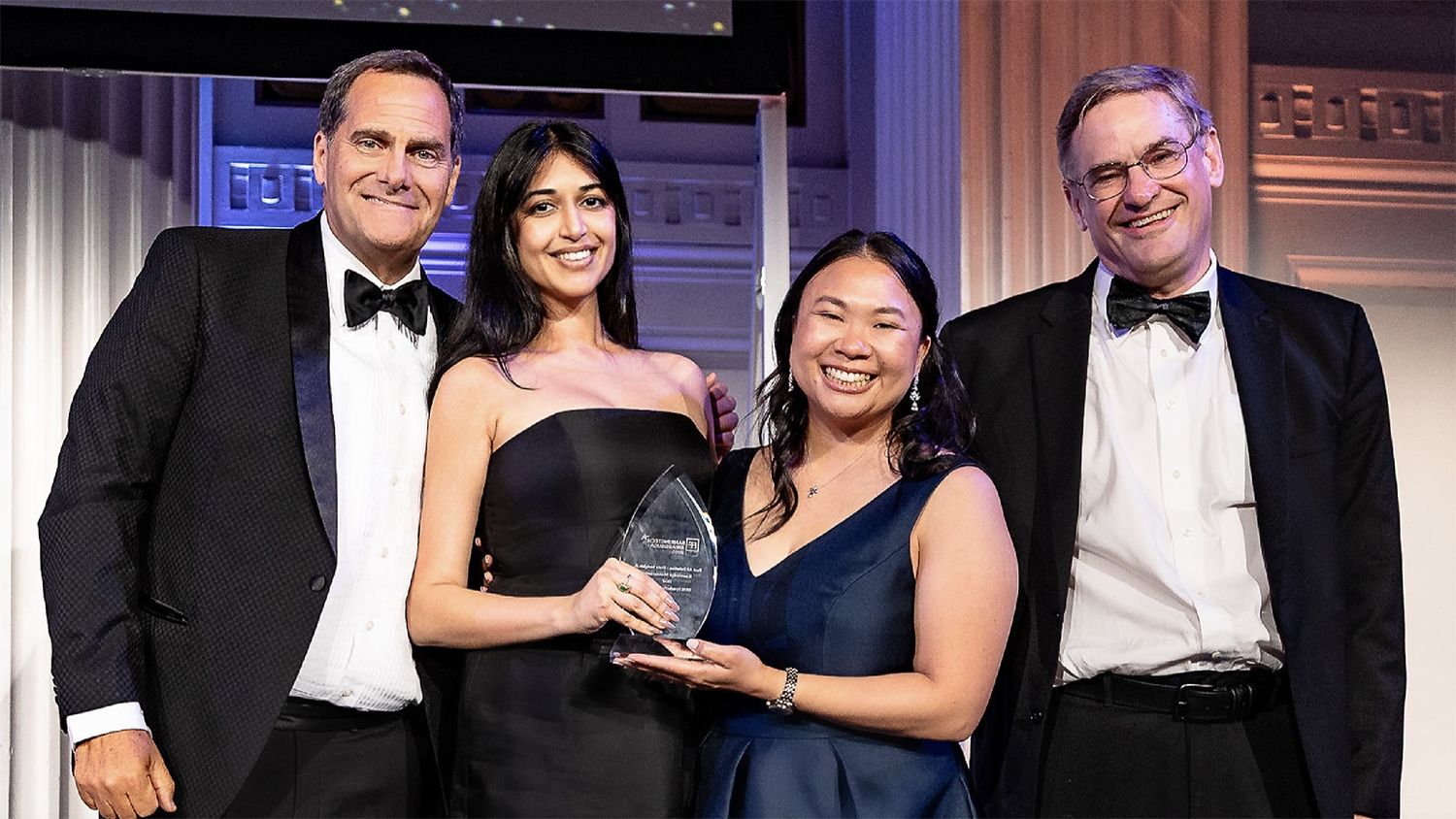By Brent Winter
Note: this article originally appeared in the Spring 2021 issue of Designlife Magazine.
When user experience designer AJ Polanco decided to advance his career by earning a doctoral degree, his search for the perfect opportunity led him to become part of the first cohort of eight students to enroll in the College of Design’s brand-new Doctor of Design program in 2018.
Polanco is an acting associate program director at Educational Testing Service, where he leads the UX team designing the National Assessment of Educational Progress for students in fourth, eighth and 12th grades. His research in the D.Des. program focuses on developing best practices for designing digital assessments for deaf or hard-of-hearing students.
“I already have a lot of professional design experience,” Polanco explains, “so I don’t need a program that focuses too much on hands-on craft. My opportunity to grow as a professional is to work on my research aptitude, and this program has a very strong research emphasis.”
A New Degree Program

The D.Des. is an advanced degree program for established design practitioners. Applicants must hold a master’s degree, and at least one of their degrees must be from an accredited program in design, fine arts or an equivalent field. The college’s D.Des. program is one of only four such programs in the United States, and the only one featuring a blended-learning model combining online instruction with immersive on-campus workshops.
“Another advantage of this program is the online component,” Polanco says. “I needed a program that would satisfy my design interests and help me achieve my career goals but that would also fit into my overall life. The D.Des. program checks all those boxes.”
The program was founded to meet the lifelong learning needs of practicing professionals, says M. Elen Deming, director of the program.
Untraditional Students

1. A UI (user interface) button is highlighted as part of the tutorial.
2. A caption bar and auditory sound track describe the highlighted UI button.
3. An ASL interpreter is translating the description of a UI element from one or more screens / sound tracks in the past.
“Our students are a very different type of student: more like peers, some CEOs in the mix, people working on the cutting edge of the design industries,” Deming says. “Every single student I talk to has unique needs for what they want this program to be. The D.Des. is something they’re slotting into what’s already a full life. They’re busy. This program requires an extraordinary ability to focus — and a high degree of motivation. But they all have that.”
Becoming the First Graduate

Now AJ is on track to become the D.Des. program’s first graduate in December 2021.
“I’d like to use this degree to open doors so I can collaborate with more people in designing for deaf and hard-of-hearing children,” he says. “The degree will allow me to better position myself to have these conversations with thought leaders, so we can advance both the design profession and the students we’re helping. I’m doing something for the betterment of others, and that’s what keeps me motivated.”
- Categories:



